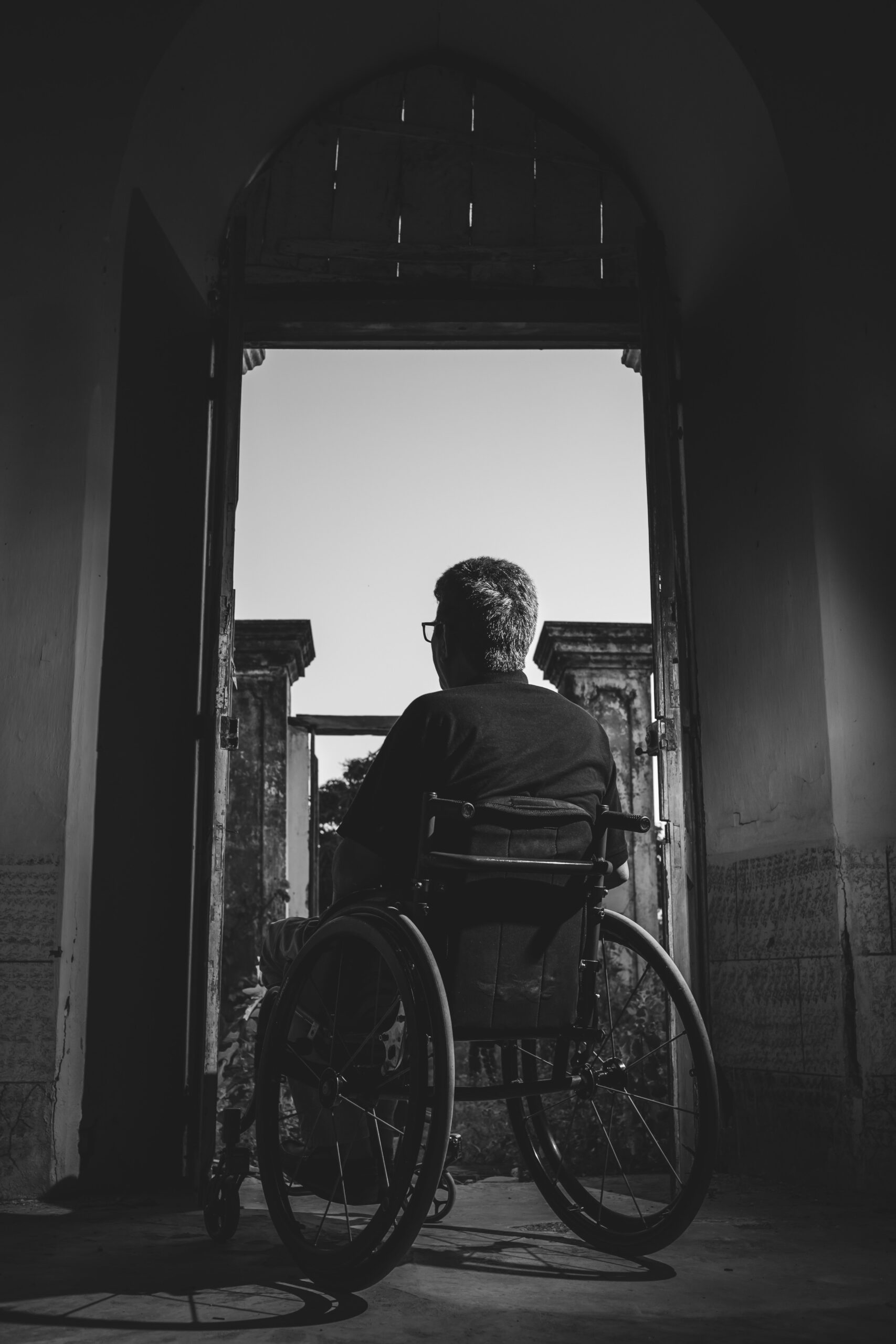According to one article, 13% of people experience a panic attack at some point in their lifetime.
Although it is impossible to predict when a panic attack will strike, having a plan in place for what to do when one does can make a person feel more in control and help them manage panic attacks more effectively.
This article will examine some general techniques for reducing anxiety and 5 effective ways to survive your anxiety attacks.
1. Use of Delta 8
Despite being around since the 1970s, legal loopholes may be to blame for delta-8 THC’s recent surge in popularity.
To begin with, only a tiny portion of the cannabis plant contains delta-8. Additionally, it can be chemically produced from CBD (cannabidiol), which has been widely hailed for its potential therapeutic and medical benefits. Because CBD does not directly stimulate cannabinoid receptors, it is not as intoxicating as delta-9.
Since Delta-8 interacts with CB1 and CB2 receptors, it [may] treat many of the same ailments as cannabis and is legal in all 50 states because it is derived from hemp.
There is currently little research on the effectiveness and safety of delta-8 THC products, and the majority of evidence is anecdotal. According to some reports, you can use delta 8 as an alternative to survive your anxiety, but you should first speak with a healthcare provider.
According to a study, some individuals may find delta-8 helpful for managing the signs and symptoms of anxiety, depression, and other mental health conditions.
Significantly, it would be best if you got trusted delta 8 thc concentrate brands to get the most effects out of it due to quality. Furthermore, since poor quality may affect your health, it is important to use a reputable brand.
For instance, a survey conducted in 2021 indicates that delta-8 THC may be just as effective as pharmaceutical drugs and delta-9 THC, with perhaps fewer undesirable or adverse effects.
Researchers discovered that 51% of survey respondents used delta-8 THC to treat a variety of physical and mental health issues, including:
- chronic pain
- anxiety or panic attacks
- depression or bipolar disorder
- stress
2. Take deep breaths

Deep breathing can help you control a panic attack.
Panic attacks can result in rapid breathing, and chest tightness can cause shallow breathing. This type of breathing can exacerbate anxiety and tension.
Instead, try to breathe slowly and deeply, focusing on each inhalation. Breathe deeply from the abdomen, slowly and steadily filling the lungs while counting to four on both the inhale and exhale.
People can also try 4-7-8 breathing, also known as “relaxing breath.” This technique involves inhaling for 4 seconds, holding the breath for 7 seconds, and exhaling slowly for 8 seconds.
3. Smell some lavender
A soothing scent can help relieve anxiety by appealing to the senses, keeping the individual grounded, and providing something to focus on.
Lavender is a popular traditional remedy for promoting relaxation and calm. Many studies show that lavender can help with anxiety relief.
Place the oil under your nose to smell, inhale gently, or dab a little on a handkerchief. This oil is widely available on the internet. People should, however, only buy it from reputable retailers.
If the person dislikes the smell of lavender, they could substitute another essential oil, such as bergamot orange, chamomile, or lemon.
4. Take any prescribed medications
A use-as-needed medication may be prescribed by a doctor, depending on the severity of panic attacks. These drugs usually start working right away.
A beta-blocker or benzodiazepine may be present in some. The beta-blocker propranolol lowers blood pressure and slows a racing heartbeat.
Valium and Xanax are two benzodiazepines that doctors frequently recommend for panic attacks.
People should follow their doctor’s instructions precisely because these medications have a high potential for addiction. When combined with opioids or alcohol, they can have fatal negative effects.
5. Focus on an object
People can feel more grounded by focusing on something tangible in their environment when distressing thoughts, feelings, or memories are overtaking them.
One stimulus can be reduced while focusing on another. Considerations such as how the object feels, who made it, and its shape might come to mind as the person examines it. This method can lessen the signs of a panic attack.
Someone who frequently suffers from panic attacks can carry a particular familiar object to help them feel more grounded. This could be a small toy, smooth stone, seashell, hair clip, or other objects.
When to seek help?
They can be frightening and disorienting, and panic attacks. A person can consult their doctor for guidance and assurance if they are concerned about having a panic attack.
An indication of panic disorder may be frequent or severe panic attacks. Each year, this condition affects 2-3% of the population in the US.
If a person experiences panic attacks, they might want to speak with a medical expert if:
- are recurring and unexpected
- are getting in the way of daily life
- do not pass with home coping methods
you can discuss short-term coping mechanisms and long-term treatment options with a doctor.
A panic attack’s symptoms can resemble a heart attack. Sweating, anxiety, and chest pain are a few of these. Anyone who may be having a stroke or heart attack needs help immediately.
Bottomline
Although it is not always possible to predict when a panic attack will happen, having a plan in place for when it does can make the person feel more in control.
People experiencing a panic attack can regain control by finding a calm location, engaging in deep breathing exercises, and using grounding exercises.
Individuals can also use long-term strategies to lessen the occurrence or frequency of panic attacks. Making healthy lifestyle choices, trying therapy, and learning how to control anxiety in daily life are a few examples.
















